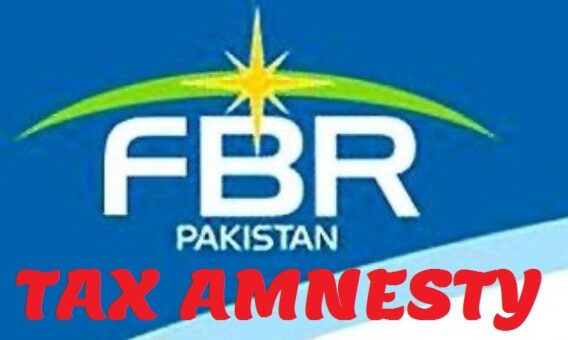Is Pakistan on the verge of introducing a new amnesty for property transactions, exempting buyers from disclosing their income sources?
This pressing question has become the focal point of discussions within the real estate and construction industries as the government prepares to unveil its latest plans to stimulate economic activity in these crucial sectors.
The real estate sector has formally urged the National Assembly Standing Committee on Finance and Revenue to revise “The Tax Laws (Amendment) Bill, 2024” and permit property transactions of up to Rs 50 million without requiring buyers to justify their investment sources. Industry stakeholders argue that such an exemption is necessary to revitalize the property market and counteract the current slowdown.
As per the proposed legislation awaiting approval, the law mandates that no individual may acquire property valued at more than 130% of their declared liquid assets in previous tax filings. If the purchase exceeds this limit, the buyer must validate their financial source before proceeding.
However, prominent voices in the real estate sector claim that such restrictions will stifle investment and potentially drive capital out of the country. They advocate for at least a temporary exemption for transactions up to Rs 50 million, aiming to enhance formal registrations and inject much-needed liquidity into the real estate market.
To address these concerns, the National Assembly’s Finance Sub-Committee, led by Bilal Azhar Kayani, has been tasked with evaluating a feasible exemption threshold. Originally scheduled to convene at the Federal Board of Revenue (FBR) Headquarters last Friday, the meeting was postponed due to logistical issues. It is now expected to take place next week.
High-profile real estate figures, including Arif Habib, chairman of Arif Habib Dolmen REIT Management Limited (AHDRML), and representatives from the Association of Builders and Developers of Pakistan (ABAD), have actively participated in discussions. During an earlier session, Dr. Najeeb Memon, FBR’s Member Policy, disclosed that the board had considered allowing purchases up to Rs 10 million without requiring an income source declaration, though no final decision had been reached.
Industry experts caution that, unless modified, the proposed bill could deter investment, restricting a sector that is a significant contributor to Pakistan’s economy and tax revenues. Currently, the real estate industry faces an estimated 115% taxation burden, and further regulatory constraints could suppress growth and discourage new developments.
Moreover, real estate representatives warn that overregulation may prompt investors to seek opportunities abroad, particularly in tax-friendly markets like Dubai, leading to capital flight. They recommend that tax authorities should verify filer information during property registration instead of imposing stringent preemptive measures that could hamper transactions.
Industry leaders are calling for government-backed incentives to support corporate developers and encourage investment in the formal real estate sector. In their proposals to the sub-committee, ABAD representatives have emphasized the necessity of investment-friendly policies that sustain economic momentum while ensuring compliance.
As discussions progress, stakeholders remain optimistic that policymakers will strike a balance between taxation and regulation. A well-calibrated approach is essential to safeguard Pakistan’s real estate sector, ensuring that it remains an attractive and viable investment avenue while supporting broader economic growth.
